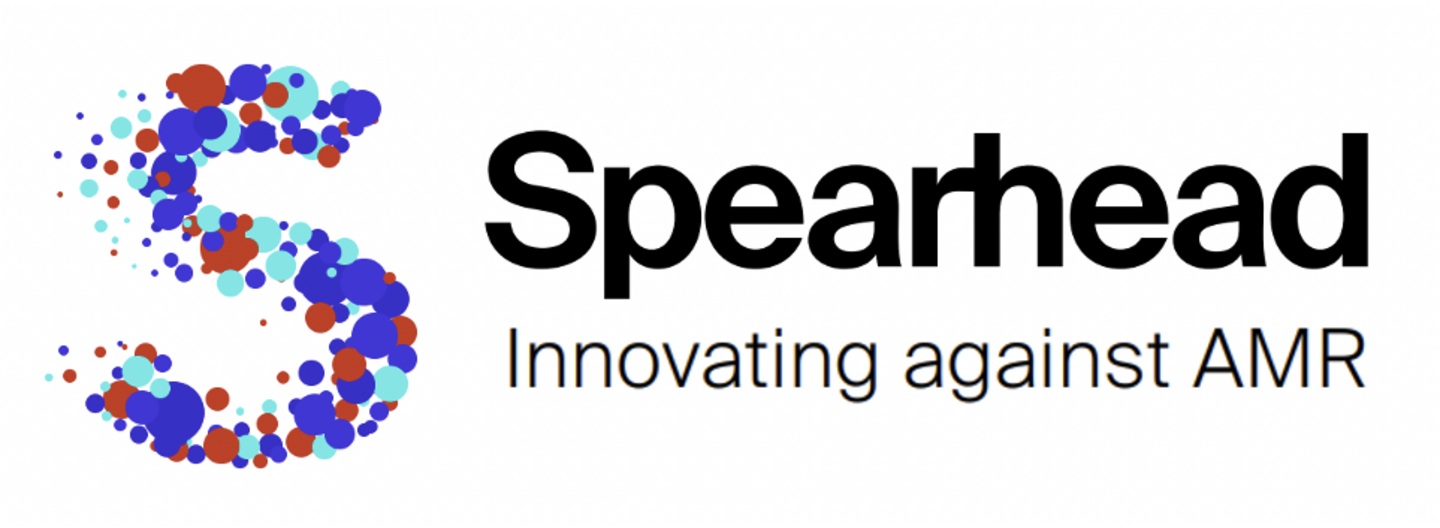European Union Funded Projects
Enhancing palliative Care in ICU (EPIC)
The EU HORIZON Europe-funded EPIC project, with partners from 9 European countries, aims at improvement of palliative care via telemedicine consultations provided in ICU settings. It implements
- a harmonized palliative care practice model for the ICU (the EPIC model),
- a multicentre randomised clinical trial to document the effectiveness of the EPIC model,
- substudies to strengthen and refine the EPIC model for sustainability,
- a social science and humanities approach to develop ethical guidelines for the European civic society.
Within EPIC, ECPM is responsible for the health economic part of the clinical trial. The Swiss contribution is funded by the Swiss State Secretariat for Education, Research and Innovation.
Optimising PharmacothERApy in the Multimorbid elderly: OPERAM (completed).
Inappropriate polypharmacy has been linked with adverse outcomes in older, multimorbid adults. OPERAM is a European cluster-randomized trial aimed at testing the effect of a structured pharmacotherapy optimization intervention on preventable drug-related hospital admissions in multimorbid adults with polypharmacy aged 70 years or older. Clinical results of the trial showed a pattern of reduced drug-related hospital admissions, but without statistical significance. In this study we assessed the cost-effectiveness of the pharmacotherapy optimisation intervention.
We performed a pre-planned within-trial cost-effectiveness analysis (CEA) of the OPERAM intervention, from a healthcare system perspective. All data were collected within the trial apart from unit costs. QALYs were computed by applying the crosswalk German valuation algorithm to EQ-5D-5L-based quality of life data. Considering the clustered structure of the data and between-country heterogeneity, we applied Generalized Structural Equation Models (GSEMs) on a multiple imputed sample to estimate costs and QALYs. We also performed analyses by country and subgroup analyses by patient and morbidity characteristics.
Trial-wide, the intervention was numerically dominant, with a potential cost-saving of CHF 3'588 (95% confidence interval (CI): -7'716; 540) and gain of 0.025 QALYs (CI: -0.002; 0.052) per patient. Robustness analyses confirmed the validity of the GSEM model. Subgroup analyses suggested stronger effects in people at higher risk. We observed a pattern towards dominance, potentially resulting from an accumulation of multiple small positive intervention effects. Our methodological approaches may inform other CEAs of multi-country, cluster-randomized trials facing presence of missing values and heterogeneity between centres/countries.
This work is part of the project “OPERAM: OPtimising thERapy to prevent Avoidable hospital admissions in the Multimorbid elderly” supported by the European Union's Horizon 2020 research and innovation programme under the grant agreement No 6342388, and by the Swiss State Secretariat for Education, Research and Innovation (SERI) under contract number 15.0137. .
Genome-based biomarkers leading to validated molecular diagnostic tests for response prediction in breast cancer: RESPONSIFY (completed).
RESPONSIFY has contributed to confirming the hypothesis that predictive biomarker approaches can distinguish responders from non-responders to breast cancer treatments, and will therefore spare patients from unnecessary treatment toxicities. This may help to significantly reduce costs in European healthcare systems and improve prognosis and quality of life for women diagnosed with breast cancer. Using new genome-wide based techniques, candidate biomarkers which have the potential to predict response to therapy and affect clinical outcome are selected and validated. From 2012-2015, it was funded by European Union's FP7 programme (Grant Agreement no. 278659).
ECPM has developed an existing decision-analytic framework further and applies it to biomarker-driven treatment decision making. On this basis, health economic characteristics are defined and an evidence base to sustain efficient decision making on novel test assays in breast cancer management is generated. Different treatment settings (adjuvant, neoadjuvant, metastatic) can be addressed as relevant.
Improvement in postoperative PAIN OUTcome: PAIN OUT (completed).
PAIN OUT is a multi-national research project that provides a unique and user-friendly web-based information system to improve treatment of patients with post-operative pain. The project offers a system for measurement and feedback of outcome quality and supports the process of decision making in order to achieve an optimized treatment of patients. From 2009-2012, it was funded by European Union's FP7 programme (Grant Agreement no. 223590).
Since 2013, PAIN OUT is being continued in cooperation with professional societies, e.g. the International Association for the Study of Pain (IASP). Participating hospitals have to pay a moderate annual fee for the services provided by PAIN OUT. ECPM has extensively contributed to the design and validation of a patient-reported outcome questionnaire (International Pain Outcome Questionnaire), which is completed by PAIN OUT patients on postoperative day 1. The second main contribution was an analysis of drivers of patient satisfaction with their operative pain Treatment, based on data from 17,000 PAIN OUT patients in three continents.
Funded by health insurers and healthcare providers
Accompanying research Réseau de l'Arc
The Basel Center for Health Economics (BCHE), with its member organization ECPM, and the Swiss Tropical and Public Health Institute (Swiss TPH), will be studying the integrated care model Réseau de l'Arc over several years. The aim is to assess its impact on various qualitative, quantitative and economic aspects of healthcare, including efficiency and the development of care costs.



